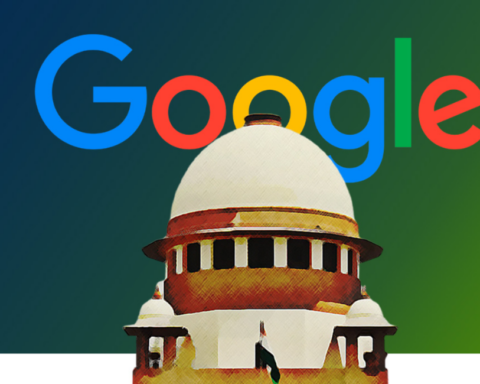In a recent interview, Anupam Mittal, the CEO of Shaadi.com, made a thought-provoking analogy, comparing tech behemoth Google to the historical East India Company. In his critique, Mittal accused Google of participating in modern-day colonialism within the digital marketplace. At the core of his concerns is what he termed as the “Google Tax,” a fee ranging from 20% to an alarming 50% imposed on startups. This fee, according to Mittal, is not solely for distribution but is ostensibly framed as a measure to safeguard brands from competitors.
Mittal emphasized the gravity of the situation, stating that it represents a substantial issue within the digital ecosystem. He anticipated that Google might downplay these concerns, employing a strategy characteristic of monopolistic entities. Drawing parallels to a dictator’s leadership style, Mittal alleged a pattern wherein Google garners support, seizes control, and eventually turns against the very entities that contributed to its success.
Delving into Google’s strategy, Mittal highlighted the attempt to charge a significant portion—ranging from 15% to 30%—of any app’s revenue downloaded from the Play Store, in addition to substantial earnings from advertising. He criticized Google’s manipulation of search results, accusing the company of forcing competitors to bid against their own brands for visibility.
Expressing apprehension over Google’s recent introduction of the Google Play Billing System (GPB) or Users Choice Billing (UCB), Mittal labeled the changes as cosmetic, designed to evade legal scrutiny. These modifications could potentially result in additional charges, ranging from 11% to 29% of an app’s revenue, depending on categories and services used.

Taking his concerns to the social media platform X, Mittal shared his views, asserting that many startups find themselves paying a significant portion—ranging between 20% and 50%—as Google Tax to secure distribution and safeguard their brand. He likened this practice to the Digital East India Company and urged regulatory bodies, particularly the Competition Commission of India (CCI), to intervene. Mittal pointed to instances where the CCI had imposed penalties on Google’s app billing system, only for the tech giant to allegedly rebrand with the same practices.
In the midst of ongoing legal battles, Mittal expressed concerns about the fate of smaller startups, acknowledging that the government has turned its attention to the matter. However, he cautioned that potential delays in justice could arise due to Google’s considerable resources. The allegations against Google raise significant questions about fair competition and underscore the crucial role of regulatory bodies in overseeing practices within the digital marketplace.
This situation prompts a broader reflection on the dynamics of power and influence in the tech industry, with Mittal’s analogy invoking historical parallels to underscore the perceived imbalance in the relationship between dominant tech corporations and emerging startups. As the debate unfolds, it invites scrutiny not only of specific practices but also of the regulatory frameworks that govern the rapidly evolving digital landscape.





